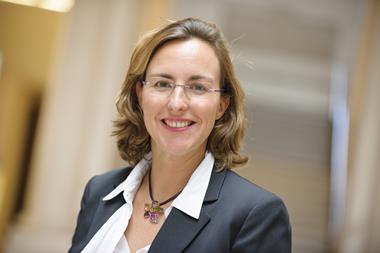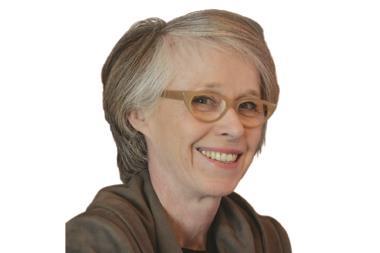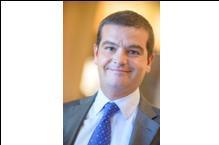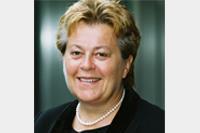Framework agreed for certification of experience and competencies and accreditation for the risk management programme of educational bodies

The general assembly of FERMA has agreed a framework and funding to create European certification for risk managers.
The programme will provide certification of the professional competences and experience of individual risk managers and accreditation for the risk management programmes of education bodies. Certification will be supported by a requirement for continuous professional development and a code of ethics. FERMA’s aim is to start accepting applications for certification from risk managers and accreditation from education providers in 2015.
FERMA president Julia Graham said:“This is one of the most important projects that FERMA has ever undertaken. We know there is a great appetite for certification and it will be a key achievement for FERMA and for our member associations with which we have engaged and worked on this project closely.”
The general assembly also agreed for funding from FERMA’s reserves for the development and implementation phase of the project, which will run on a not-for-profit basis.
FERMA vice-president Michel Dennery, who is chairman of the certification steering committee, said: “A new designation is born: European Certified Risk Manager. We can be proud that we will be providing one of the first pan-European recognitions of a profession and one that will be a benchmark for other risk managers’ professional bodies worldwide.
“The thanks of the steering group go to representatives of our member associations being involved in the development including AIRMIC, AGERS, AMRAE, BELRIM, DARIM, DVS, NARIM, POLRISK, RUSRISK, SI-RISK, and SWERMA, FERMA board members and FERMA team. Together we have built the foundations for recognition of risk managers as a respected, structured and mature profession among other global professions.”
The scheme agreed by the FERMA general assembly comprises three parts:
- the general framework and content of certification based on the four pillars of knowledge: experience, continuous professional development and ethics;
- the governance structure; and
- the business model, including funding and the value proposition for users.
Risk managers will benefit from pan-European recognition, job portability and the assurance they will drive their company risk management function on the basis of best practices, while education bodies will be able to leverage being recognised by the profession to promote accredited programmes in risk management.
Serving on the steering committee with Michel Dennery is Julia Graham, with two further FERMA board members, Isabel Martinez and Jo Willaert, who is also a FERMA vice-president; executive director Florence Bindelle, general secretary Pierre Sonigo and scientific adviser Marie Gemma Dequae.
FERMA will continue to involve its member associations closely in the development and implementation of the project now that the framework has been agreed. Dennery said: “Weknow that all the detail is not yet in place. This is an ongoing process over several years, which we will do in partnership with our members.”
He added:“Personally, I have long wished for the risk management profession to provide itself with values and standards to help ensure that risk competences at a high level are disseminated through organisations. Certification will enable us to support governance bodies and top management with the level of confidence that they need to have an accurate picture of risk taking and the best advice for mitigation and strategic planning.”




















No comments yet